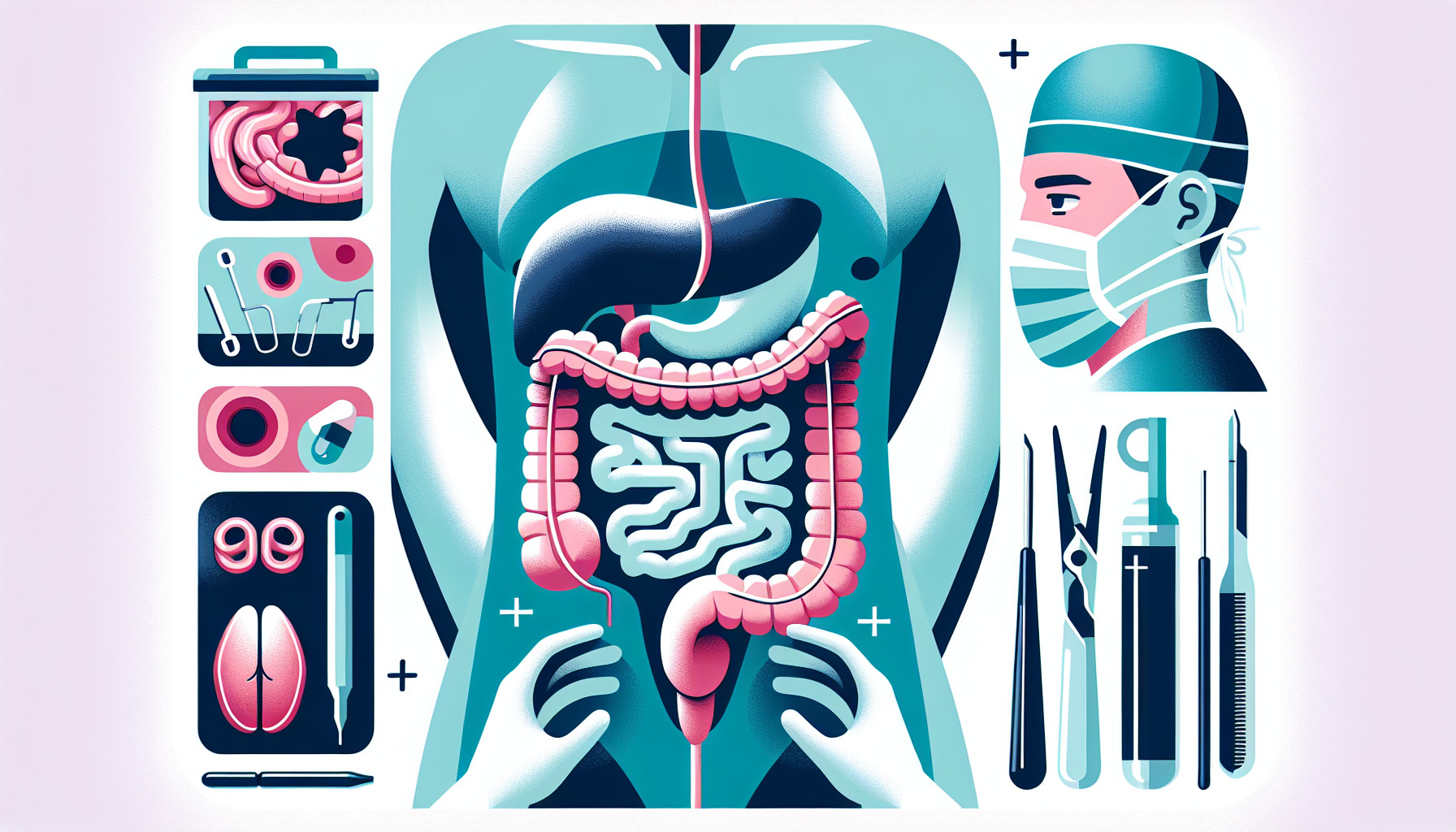Our Summary
This research paper investigates how gut bacteria, or the microbiome, affects the outcomes of stem cell transplants, especially in relation to complications like infections or graft-versus-host disease. Previous research in this field has used different methods and language, which can be confusing for non-experts. This article reviews existing research on the topic and provides a simple system for understanding the relationships between different types of bacteria. This makes it easier to identify which bacteria are beneficial for people receiving stem cell transplants.
FAQs
- What is the focus of this research paper on intestinal transplants?
- How does gut bacteria or the microbiome impact the outcomes of stem cell transplants?
- What is the role of different types of bacteria in stem cell transplants according to this research?
Doctor’s Tip
One helpful tip a doctor might tell a patient about intestinal transplant is to carefully follow post-operative instructions, including taking medications as prescribed, attending follow-up appointments, and maintaining a healthy diet and lifestyle to support the success of the transplant. It is also important to communicate any changes or concerns with your healthcare team to ensure the best possible outcome.
Suitable For
Patients who are typically recommended for intestinal transplant are those who have intestinal failure, which can be caused by conditions such as short bowel syndrome, inflammatory bowel disease, or congenital abnormalities of the intestines. These patients may have severe malnutrition, dehydration, and inability to absorb nutrients from food despite medical management.
Intestinal transplant may be considered for patients who have failed other treatments, such as parenteral nutrition, bowel lengthening procedures, or bowel transplant. The decision to undergo an intestinal transplant is made by a multidisciplinary team of healthcare providers, including gastroenterologists, transplant surgeons, nutritionists, and infectious disease specialists.
Patients who have complications from their underlying intestinal disease, such as recurrent infections, liver disease, or failure to thrive, may also be candidates for intestinal transplant. Additionally, patients who have developed complications from previous surgeries, such as bowel strictures or fistulas, may benefit from intestinal transplant to improve their quality of life.
Overall, patients who are recommended for intestinal transplant are those who have severe intestinal failure and have failed other treatments. Intestinal transplant is a complex procedure with risks and benefits that should be carefully considered by both the patient and their healthcare team.
Timeline
Before intestinal transplant:
- Patient is diagnosed with a severe intestinal disorder that cannot be treated with conventional methods.
- Patient undergoes extensive medical evaluations to determine if they are a suitable candidate for an intestinal transplant.
- Patient is placed on the transplant waiting list and waits for a compatible donor.
- Patient undergoes surgery to remove the diseased intestine and replace it with the donor intestine.
- Patient is closely monitored in the intensive care unit post-transplant to prevent complications such as infection or rejection.
After intestinal transplant:
- Patient undergoes a period of recovery in the hospital, where they are closely monitored for signs of rejection or infection.
- Patient is prescribed immunosuppressant medications to prevent rejection of the transplanted intestine.
- Patient undergoes regular follow-up appointments and monitoring to assess the success of the transplant and adjust medications as needed.
- Patient may experience complications such as infection, graft-versus-host disease, or intestinal blockages, which require prompt medical intervention.
- Patient gradually resumes normal activities and diet, with ongoing monitoring to ensure the health and function of the transplanted intestine.
What to Ask Your Doctor
What is an intestinal transplant and why is it being recommended for me?
What are the potential risks and complications associated with an intestinal transplant?
How long is the recovery process and what can I expect during this time?
What is the success rate of intestinal transplants and what are the potential outcomes?
How will the transplant affect my quality of life and long-term health?
Are there any lifestyle changes or dietary restrictions I need to be aware of post-transplant?
How will the transplant impact my immune system and overall health?
What are the alternatives to an intestinal transplant and why is this the best option for me?
How often will I need follow-up appointments and monitoring after the transplant?
Are there any support groups or resources available for patients who have undergone an intestinal transplant?
Reference
Authors: Taur Y. Journal: Virulence. 2016 Nov 16;7(8):930-938. doi: 10.1080/21505594.2016.1250982. PMID: 27805463
